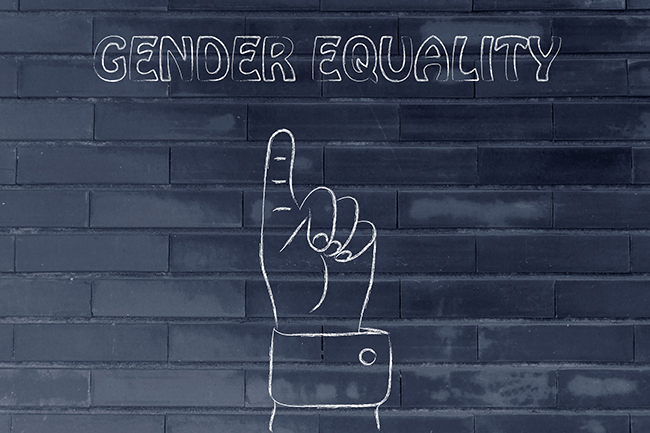Countless studies have shown women to be great leaders who improve company performance. Organizations across a multitude of industries that have embraced the business case for increased gender diversity are spending millions of dollars on programs to help women advance. Yet, gender parity in the C-suite has not bee reached.
A new study, released Wednesday by the coaching and consulting firm, Women’s Success Coaching, shines a light on the disconnect—these companies are losing future female leaders, because they don’t understand what the women want and need to be successful. A firm’s assumptions have led it to design or choose programs that have had little impact on advancing women.
The study, Lost Leaders in the Pipeline: Capitalizing on Women’s Ambition to Offset Future Leadership Shortage, by Bonnie Marcus, president of coaching and consulting organization Women’s Success Coaching, and Lisa Mainiero, professor of leadership and management at Fairfield University, surveyed 615 high-achieving women and offers a portrait of women’s ambitions along with the potential sabotages and challenges they face.
According to the study, a majority of the women (74 percent) self-identify as very or extremely ambitious. Yet their ambition begins to wane mid-career. Lost Leaders in the Pipeline reveals ambition decreases, not because women want to stay home or not work anymore, but because of a lack of effective support over the span of their careers.
“In order for companies to move their gender diversity initiatives forward, they must let go of assumptions about what ambitious women want and need and identify how they can support the women in their work environment,” explained Marcus. “Future leaders who have the ambition and skills to succeed are sitting right there and because companies fail to understand what these high potential women need to sustain and nurture their ambition, they are losing top talent every day.”
Based on their findings, Marcus and Mainiero suggest organizations need:
- Strong C-suite support for gender diversity along with programs. Survey respondents reported a lack of manager support diminishes their ambition and advancement.
- A custom assessment of what high potential women want and need for career support.
- Early career pathing before women have children in their thirties/early forties to build leadership experience on the line.
- Non-linear career paths where women can ramp on and off to facilitate family issues.
- Acceptance that a “work until you drop” attitude is not sustainable for women or men.
The leadership shortage is expected to crest in 2025. Rather than expend resources to attract and retain new female talent, the authors say, organizations need to adapt their gender diversity programs and reshape their corporate culture to leverage the leaders in their existing pipelines. The first step for any successful initiative is to ask the women what they need to sustain their ambition.




